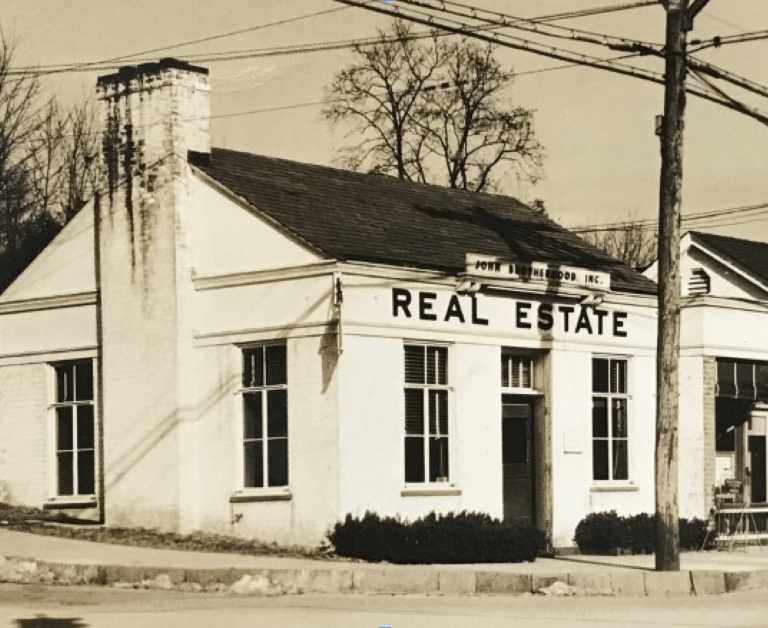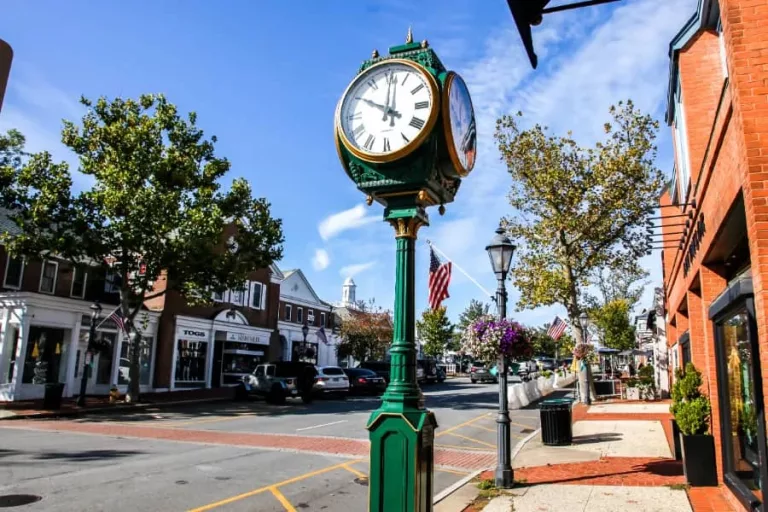By Rev. Msgr. Robert M. Kinnally
The tragic news of the flash flood in Kerr County, Texas has so many of us praying for those who lost their lives, their grieving loved ones and friends, the heroes who were able to rescue some, the first responders, and the search crews. Once again something happened that just doesn’t make sense, and once again we ask questions like “Why?” and “Where was God?” Even the strongest believers wonder how God figures into something so devastating. The truth is that God is present in those moments: answering prayers and helping to heal broken hearts, binding the wounds of loss, and listening to those who are crying “Why!” The “why” is the larger question that looms when bad things happen to the innocent: “Why would God let this happen?”
Throughout the history of salvation God has intervened to rescue humanity, carving a path in the Red Sea, calming storms, and fashioning more than a miracle or two. So why does God seemingly miss some opportunities to rescue his children? A simple answer is worthless because, as St. Paul says, “Who can know the mind of God?” But while we do not know the answer, we do know God, and God doesn’t make bad things happen; but when they do happen, God weeps with us, embraces those who lost their lives , and stays close to those who remain as they suffer the pain of loss. Verse after verse of Sacred Scripture acknowledges that tragedies happen, that suffering is no stranger to the journey of life, and that darkness makes its unwelcome entrance from time to time. But nestled alongside of despair is the light of hope that comes with faith.
In the eighth chapter of his letter to the Roman Church, Paul of Tarsus — who himself was the frequent recipient of pain, suffering, and imprisonment – sends a message of hope in the face of suffering and injustice: “We know that all things work for good for those who love God, who are called according to his purpose.” OK, Paul, that sounds great, but what if I’m not feeling “good” of which you speak? Here’s Paul’s response to that: “If God is for us, who can be against us? He who did not spare his own Son but handed him over for us all, how will he not also give us everything else along with him?” So, it starts to make sense: God knows exactly what it’s like to suffer: his Son who was handed over for our sake. In other words, God loved us so much that he sacrificed his own for our sake. There is no greater love. There is no one who understands our loss, our pain, our anger, our frustration better than God. There is no one who can console us in our loss, ease our pain, cool our anger, and address our frustration in the face of tragedy better than God.
Paul goes on to say that the friendship of Jesus is the soothing balm in the tempest: “It is Christ [Jesus] who died, rather, was raised, who also is at the right hand of God, who indeed intercedes for us.” And the love that God and Jesus has for us is what will rescue us from the darkness of tragedy. Paul states it very plainly: “What will separate us from the love of Christ? Will anguish, or distress, or persecution, or famine, or nakedness, or peril, or the sword? No, in all these things we conquer overwhelmingly through him who loved us. “For I am convinced that neither death, nor life, nor angels, nor principalities, nor present things, nor future things, nor powers, nor height, nor depth, nor any other creature will be able to separate us from the love of God in Christ Jesus our Lord.”
When the disciples feared the worst as the storm tossed them about in the boat, Jesus reminded them that as long as he’s in the boat, all shall be well. He didn’t say that storms won’t come, but he did promise that as long as he was in the boat with us we have nothing to fear. And when Jesus appeared to his disciples after his resurrection, he still had the wounds from his crucifixion. Having conquered death, he bears those wounds as if to say: “I am scarred, but I have risen. I know your pain, and I am the one to raise you up and give you the gift of eternal life.” As we continue to pray for Texas, other parts of our country and our world that have experienced natural disasters and violence, we can take comfort in additional words from our friend, St. Paul of Tarsus: “Have no anxiety about anything, but in everything by prayer and supplication with thanksgiving let your requests be made known to God. And the peace of God, which passes all understanding, will keep your hearts and your minds in Christ Jesus. (Philippians 4:6-7).
Let us pray: Loving God, please send your healing peace to all who suffer from every storm of life. Be present to the brokenhearted, and welcome those who have died into your heavenly kingdom. Amen.
Rev. Msgr. Robert M. Kinnally is the pastor of Saint Aloysius Catholic Church in New Canaan and the Vicar General of the Diocese of Bridgeport.



